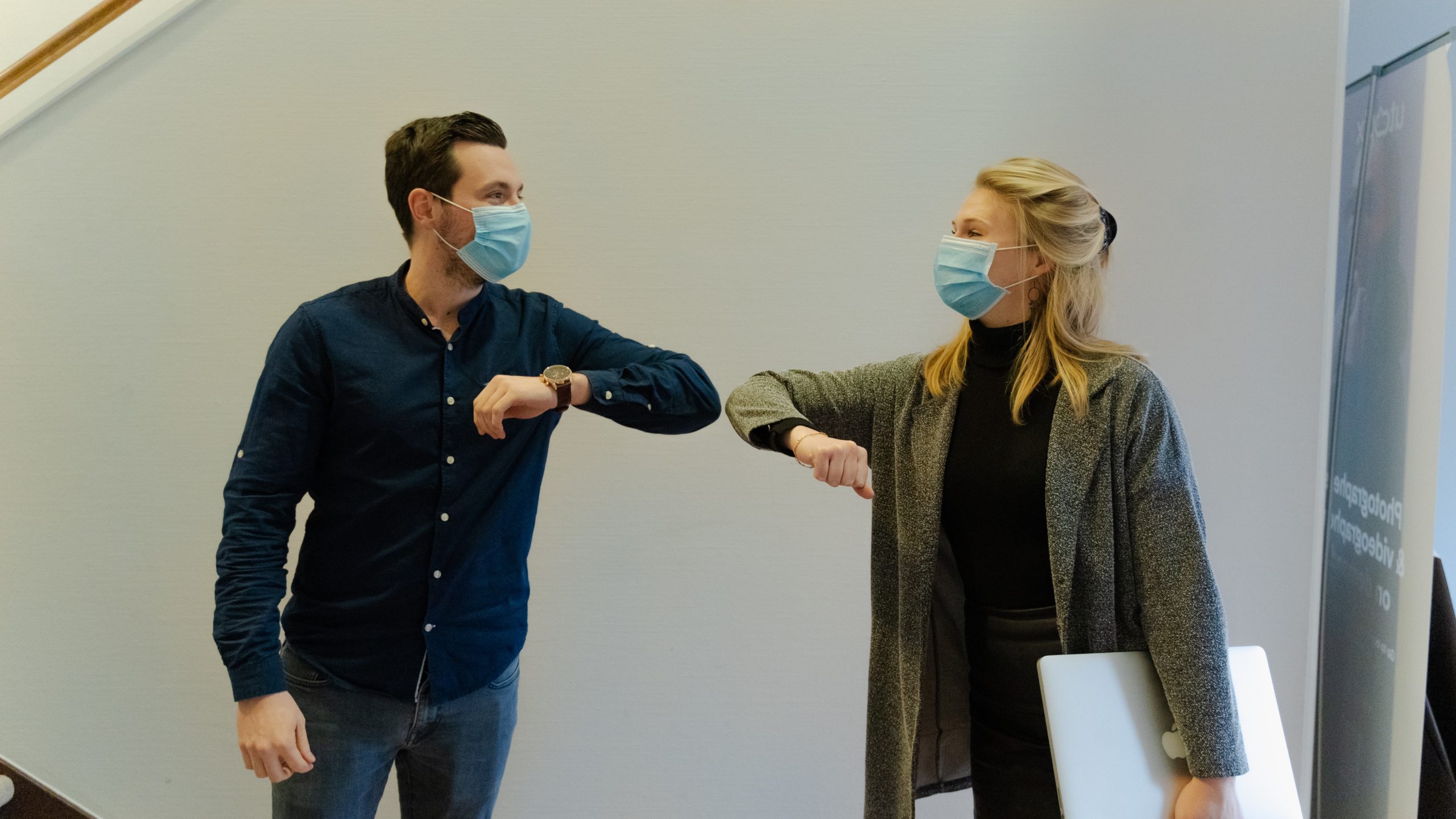Researchers at the University of South Florida have released results from a public opinion survey on COVID-19. The nationwide survey measures attitudes related to the COVID-19 pandemic. The findings include opinions about vaccines, concerns about potential future outbreaks and the role political affiliations play in these results.
Major findings from survey
Here are the major findings from the survey regarding attitudes and actions around COVID-19.
Covid still a concern
Three years after the start of the pandemic, COVID-19 remains a concern for many Americans. While only 10% of Americans now say that COVID-19 poses a “high risk” to the public, another 44% say that it does pose at least a “moderate risk”. More than half (58%) say that they are at least “somewhat concerned” about new variants of the virus, while 61% are concerned about the possibility of a fresh surge in COVID-19 cases.
Vaccine hesitancy
Just under one third of respondents (31%) say that they are either “not very” or “not at all confident” that COVID-19 vaccines are safe. Additionally, 36% say that they are “not very” or “not at all confident” in “the COVID-19 guidance provided by the CDC and public health officials”.
Related: COVID Hobby Becomes Business Supporting Dementia Sufferers
A slight majority of Americans believe that COVID-19 vaccines are safe and effective for children. Fifty-seven percent of respondents say that children’s vaccines are necessary to prevent COVID-19, while 54% say that they are effective and 55% believe that they are safe.
A divided nation
Attitudes about the pandemic–including vaccination–continue to be sharply divided based on political identity/affiliation. There were sharp differences in opinion across political groups, with Democrats expressing greater confidence in public health guidelines and vaccine safety/efficacy. In contrast, Republicans were less likely to express concern over the pandemic and were more distrustful of public health officials and vaccine safety/efficacy. A few examples include:
- COVID-19 poses a “high” or “moderate risk” to the public: Democrats = 71%; Independents = 50%; Republicans = 40%
- “Very” or “somewhat confident” that COVID-19 vaccines are safe: Democrats = 88%; Independents = 67%; Republicans = 49%
- “Very” or “somewhat confident” in public health guidance: Democrats = 89%; Independents = 62%; Republicans = 43%
- “Very” or “somewhat concerned” about a new surge in cases: Democrats = 81%; Independents = 58%; Republicans = 47%
- “Very likely” to receive regular COVID-19 booster shots: Democrats = 61%; Independents = 35%; Republicans = 25%
Misinformation reigns supreme
Misinformation about the safety and efficacy of COVID-19 vaccines remains widespread. A significant number of Americans express some degree of belief in several statements classified as “False” by the Centers for Disease Control and Prevention. The list below shows the percentage of respondents who said that each statement was either “probably” or “definitely true”:
- Getting sick with COVID-19 builds better immunity than getting a vaccine – 55%
- COVID-19 vaccines are causing new variants of the virus to emerge – 43%
- COVID-19 vaccines contain a “live strain” of the virus – 42%
- Vaccines can cause you to get sick with COVID-19 – 35%
- A COVID-19 vaccine will cause you to temporarily test “positive” for the virus – 34%
- COVID-19 vaccines can cause infertility – 24%
- COVID-19 vaccines contain microchips – 13%
Keeping diagnosis secret
Most respondents who tested positive for COVID-19 did NOT share/discuss their diagnosis on social media, but those who did say that they felt more “connected and supported” as a result. Among active social media users who tested positive for COVID-19, only 27% chose to share/discuss their diagnosis on social media. However, among this group, 82% say that doing so made them “feel more connected and supported” when they had COVID-19.
Sharing stories creates more worries
Most respondents who tested positive for COVID-19 say that it was helpful to read about other people’s experiences on social media, but many say that doing so made them more worried. Among this same group, 34% reported using social media to learn what other people who tested positive had experienced. Among those who did, 94% say that doing so was at least “somewhat helpful”, though 36% say that they felt “more worried” about having COVID-19 after reading about it on social media, while 34% said they felt “less worried”.




























